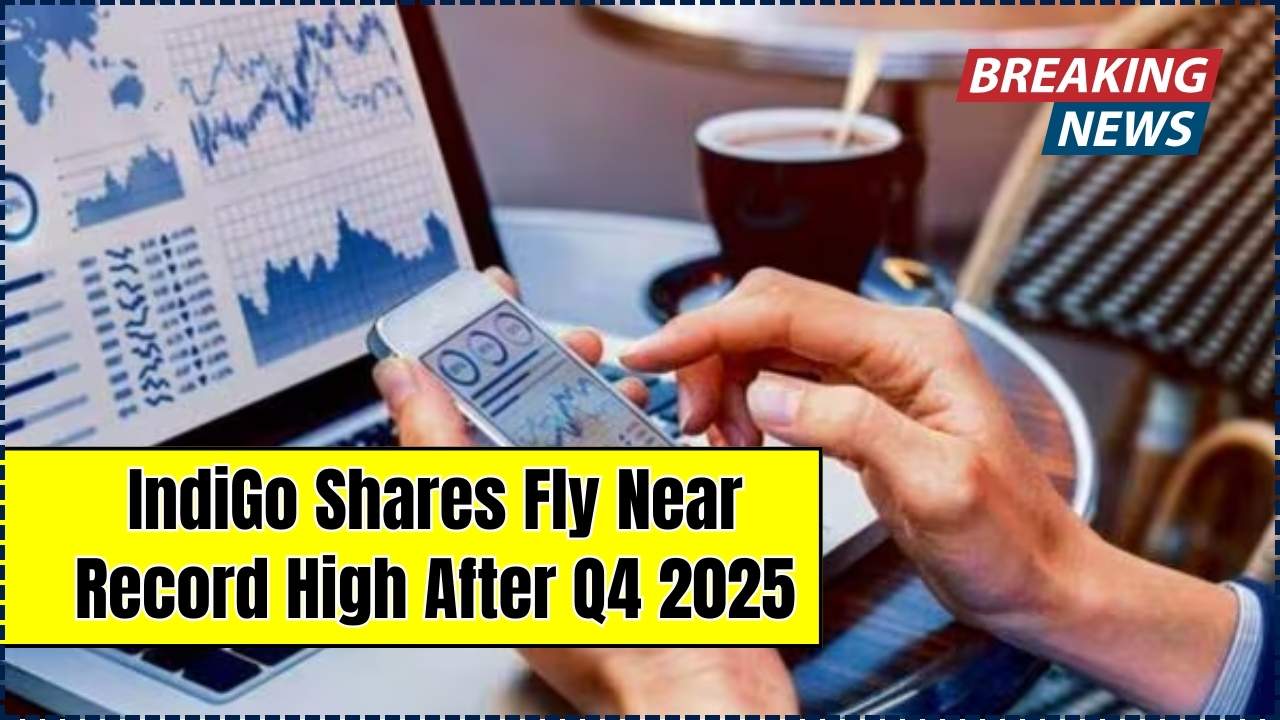Wall Street Meets Main Street: In a groundbreaking move poised to reshape the future of retirement savings, Empower, the second-largest 401(k) plan provider in the U.S., is taking an ambitious leap forward. The firm will begin offering access to private market investments—such as private equity, private credit, and real estate—to millions of everyday Americans participating in employer-sponsored retirement plans. Previously the exclusive domain of institutional investors and ultra-high-net-worth individuals, these assets are about to become more widely accessible through managed 401(k) portfolios, beginning in late 2025.

With over $1.8 trillion in assets under management and a customer base exceeding 19 million people, Empower’s decision has major implications. For the first time, average retirement savers could benefit from the diversification, potential returns, and alternative growth strategies that private markets have historically provided only to elite investors.
This guide explains what’s changing, what you can expect, and how to decide whether private markets belong in your retirement plan.
Wall Street Meets Main Street
| Feature | Details |
|---|---|
| Provider | Empower (2nd-largest U.S. 401(k) provider; $1.8T AUM) |
| Private Market Access | Private equity, private credit, real estate |
| Investment Partners | Apollo, PIMCO, Goldman Sachs, Franklin Templeton, Partners Group, Neuberger Berman, Sagard |
| Program Launch | Expected late 2025; phased rollout via employer-managed retirement plans |
| Allocation Range | Between 5%–20% of participant portfolios, based on risk tolerance and age |
| Investment Structure | Offered via Collective Investment Trusts (CITs) through managed account platforms |
| Access Method | Participants must be enrolled in managed 401(k) accounts |
| Estimated Fees | 1.0%–1.6% annually for private asset exposure (vs. ~0.28% average for target-date funds) |
| Educational Tools | Empower will provide participant education, risk assessments, and disclosure documents |
| More Info | Empower Retirement News |
Empower’s rollout of private market access through 401(k) plans marks a pivotal shift—offering access to potentially higher-return investments and better portfolio diversification. However, with these opportunities come new responsibilities: understanding liquidity, managing risk, and preparing for complexity.
As the line between Wall Street and Main Street continues to blur, staying educated and making well-informed choices will be the key to maximizing your financial future. Empower may be opening the gates—but it’s up to you to walk through them wisely.
What’s Changing for 401(k) Investors?
Traditionally, 401(k) portfolios are composed of stocks, bonds, mutual funds, and occasionally target-date funds. Empower’s new initiative introduces an entirely new category of assets to retirement savers: private markets. These include:
- Private equity (ownership in companies not listed on public stock exchanges)
- Private credit (non-bank loans to businesses or infrastructure projects)
- Private real estate (commercial properties, apartment complexes, etc.)
These investments will be curated and offered through managed accounts—meaning participants won’t have to pick funds themselves. Instead, professional managers will make allocation decisions based on each participant’s profile, investment horizon, and tolerance for risk.
Why It Matters: Unlocking Wall Street-Style Growth Potential
For decades, the richest investors have tapped into private assets for long-term, above-average returns. Research shows:
According to PitchBook, private equity has returned an average of 14.2% annually over the past 10 years, outperforming the S&P 500, which returned about 12.5% in the same period.
While not guaranteed, these returns illustrate the return premium often associated with private investing. Empower’s new offering aims to level the playing field—allowing average workers to access the same tools once available only to endowments and hedge funds.
Another key benefit is diversification. Because private markets don’t move in sync with publicly traded assets, they may help reduce overall portfolio volatility, especially during periods of economic stress or public market downturns.
Pros and Cons of Private Investments in 401(k)s
Pros
- Higher Return Potential: May outperform stocks and bonds over time.
- Portfolio Diversification: Provides exposure to non-correlated asset classes.
- Long-Term Investment Fit: Illiquid assets match the long investment horizon of retirement accounts.
- Access to Unique Opportunities: Includes startups, infrastructure projects, and real estate not available via public markets.
Cons
- Lower Liquidity: Unlike stocks or ETFs, these assets can’t be easily sold or rebalanced.
- Higher Fees: Management fees are significantly higher than traditional 401(k) options.
- Valuation Complexity: Determining asset value may rely on estimates and may be updated less frequently.
- Regulatory Ambiguity: Guidelines from the Department of Labor are evolving, and fiduciary duties remain under scrutiny.
How It Works: Wall Street Meets Main Street for Retirement Savers
- Employer Participation: Your company’s HR or retirement plan administrator must opt-in to Empower’s private market offering. If you’re unsure, ask whether this new feature will be available in your plan.
- Enrollment in a Managed Account: To access private assets, you’ll need to be in a professionally managed 401(k) account. You won’t choose the funds yourself; instead, a financial team will allocate a portion of your portfolio to private markets—typically between 5% and 20% depending on your age and investment goals.
- Dynamic Rebalancing and Oversight: Your account will be monitored and rebalanced regularly. Empower’s partners will manage asset selection, performance tracking, and ongoing due diligence.
- Access to Education and Transparency: You’ll receive detailed reports about your investments, including performance updates and educational resources to help you understand what you’re invested in and why.
Voices from the Industry
Experts are watching this move closely. Many believe it could signal a new phase in retirement planning:
“Bringing private markets to the 401(k) world marks a bold and exciting shift,” says Karen Douglas, CFA. “But it’s vital that employees are properly informed and guided. Misunderstanding these assets could create confusion—or worse, unnecessary risk.”
Plan fiduciaries, too, have raised questions about regulatory clarity. The Department of Labor under the Trump administration allowed some flexibility for private equity in retirement plans, but the current administration has yet to issue comprehensive rules.
What Should You Watch For?
- Fine Print on Fees: Expect management fees of 1.0%–1.6%. Make sure you understand how these costs affect your long-term returns.
- Liquidity Constraints: These investments can’t be easily sold. You may not access them until retirement, and they may be subject to lockup periods.
- Limited Availability: Not all employers will adopt these options. Ask HR or your plan provider if and when they will be included.
- Professional Advice Is Key: If you’re unsure whether private investments make sense for you, consult a fiduciary financial advisor.
FAQs On Wall Street Meets Main Street
Will my 401(k) automatically include private investments?
No. Your employer must opt into Empower’s new offering, and you must be enrolled in a managed account.
How much of my money goes into private assets?
It varies, typically 5%–20%, depending on your age, salary, and tolerance for risk.
Are these investments guaranteed to perform better?
No investment is guaranteed. While private assets may offer higher returns, they also carry higher risks.
Can I move this money if I change jobs?
Generally yes, but you may need to roll your 401(k) into another managed account that accepts private market assets.
Will I have access to performance updates?
Yes. Empower will provide performance reports, disclosures, and account breakdowns regularly.
What You Can Do Now
- Check Your Employer’s Status: Ask HR or your plan administrator whether they’ll offer private investments through Empower.
- Update Your Investor Profile: Log into your 401(k) dashboard and review your goals and risk tolerance.
- Speak with a Fiduciary Advisor: A financial advisor can help explain how private investments could complement your retirement plan.
- Review Your Fee Structure: Understand how management fees will affect your returns over time.
- Stay Informed: Bookmark Empower Retirement News and subscribe to newsletters to track updates.






